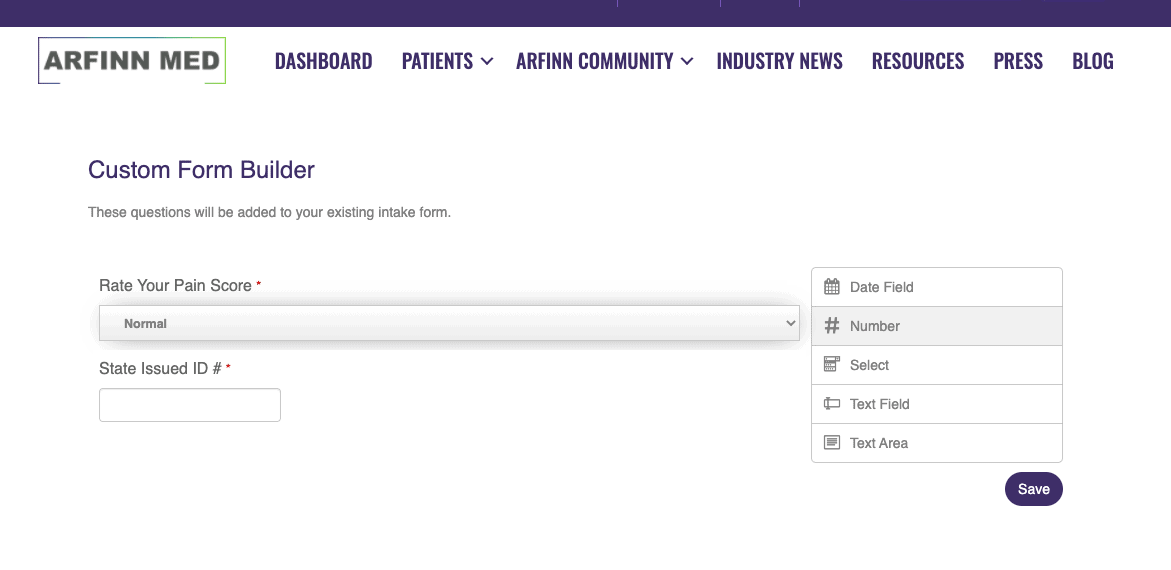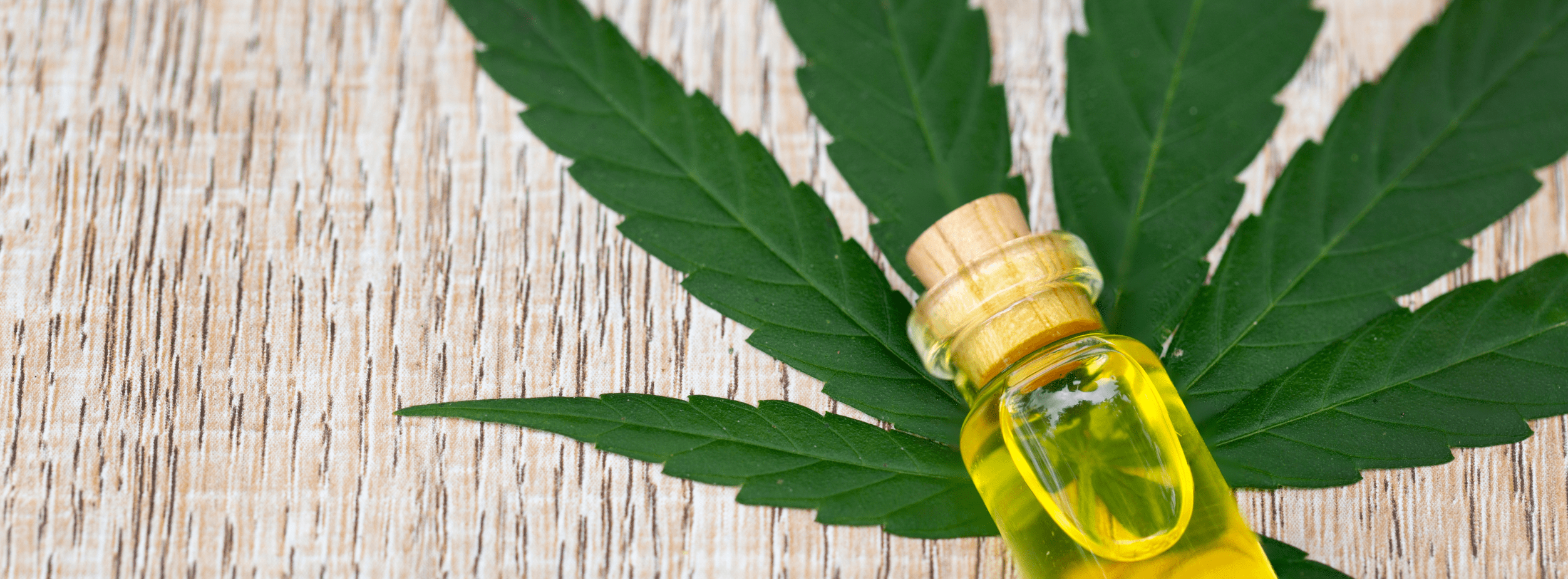Doctors and patients are flying blind as medical marijuana use rises, research lags
Marijuana’s role in the health care universe has grown exponentially over the past few years. Currently, 33 U.S. states have legalized the use of medical marijuana, and more and more states are considering making it legal for recreational purposes as well. As cannabis becomes more accessible, many people are turning to tetrahydrocannabinol (THC) and cannabidiol (CBD) products to treat health issues like rheumatic and musculoskeletal disease (the aches and pains of arthritis).
Unfortunately, because cannabis remains illegal and classified as a Schedule 1 drugunder federal law (defined as being of no medical use), there has been a troubling lack of scientific and medical research on the effectiveness of cannabis treatments. This dearth of evidence-based data has left many health care providers unable to counsel their patients on everything from whether a cannabis treatment could be effective for their condition, to what dosages are appropriate, to how cannabis might interact with their other medications or health conditions.





